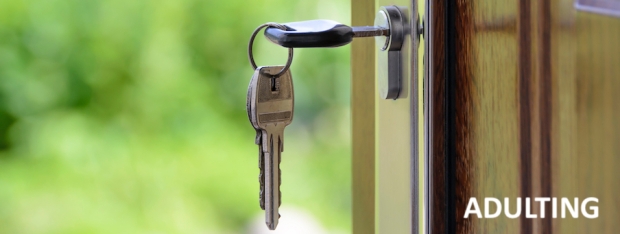
Probably the last thing I imagine myself writing about on my blog is a movie I just watched but I’m going to do just that. Given my track record for reading movie synopses in lieu of watching them, it might be surprising that I actually enjoy movies very much. Perhaps it is precisely because I’m such a critic that I don’t want to waste my time on a movie that is not worth the while.
Which brings me to Top Gun: Maverick. Honestly, it was done so well. The script was well written, the words exchanged carefully thought out, and the emotional content was properly executed through the movie even as the fighter jet cockpit scenes created so much tension as you watch the fighter pilots move through simulated navigation across the landscape. It was one of those movies where the story honestly did not matter as much as the manner the situation and characters were portrayed.
Entertainment have become so much of a staple in our modern lives we sometimes get desensitized and forget the art behind it. Top Gun: Maverick reminds me of it very strongly. Those days when I actually studied film critique and consider various aspects of what a film is about.









